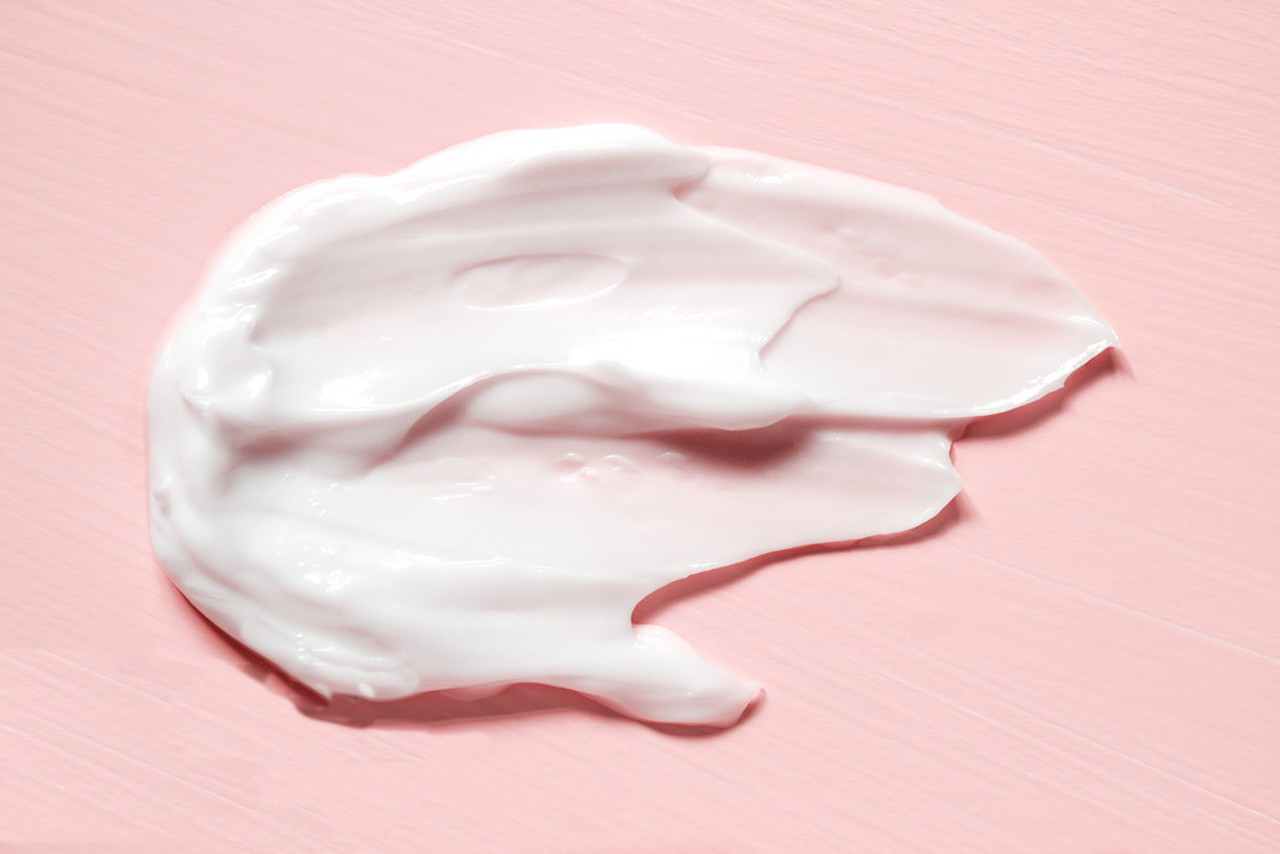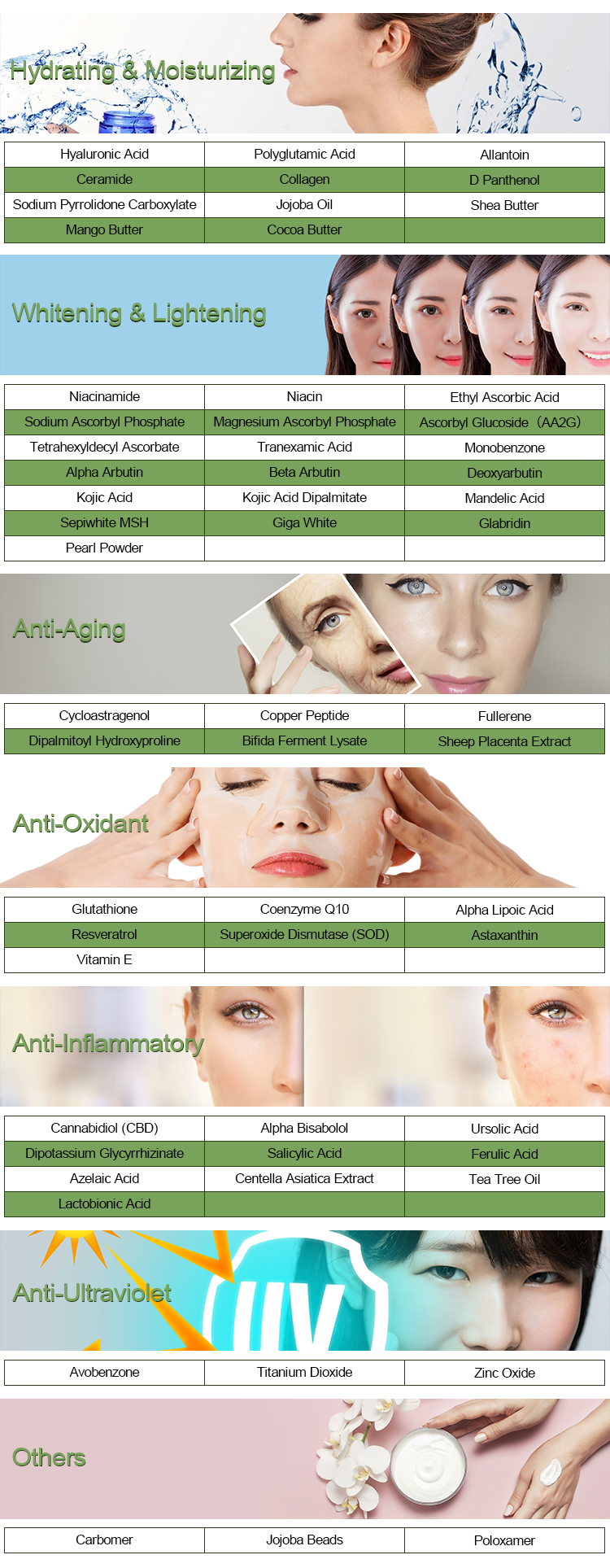D-Panthenol, also known as dexpanthenol or provitamin B5, is a derivative of pantothenic acid (vitamin B5). It is commonly used in various skincare and haircare products due to its potential benefits. Here’s a rundown of its efficacy, potential side effects, and special considerations:

Efficacy of D-Panthenol:
- Skin Hydration: D-Panthenol has moisturizing properties that help improve skin hydration. It is known to penetrate the skin easily and is then converted into pantothenic acid, an essential component of coenzyme A. This helps in maintaining the skin’s barrier function and hydration levels.
- Wound Healing: D-Panthenol is believed to aid in wound healing and skin regeneration. It can promote cell proliferation and enhance the production of collagen, which is essential for tissue repair.
- Anti-Inflammatory: It has been suggested that D-Panthenol possesses anti-inflammatory properties. This can be beneficial in calming irritated skin and reducing redness.
- Hair Health: In haircare products, D-Panthenol is often included to improve the strength, elasticity, and overall appearance of hair. It can help prevent damage, reduce split ends, and add a healthy shine to the hair.

Side Effects of D-Panthenol:
D-Panthenol is generally considered safe for topical use and is well-tolerated by most individuals. However, allergic reactions or skin sensitivities can occur, albeit rarely. If you experience any redness, itching, or irritation after using a product containing D-Panthenol, discontinue use and consult a healthcare professional.
Special Considerations:
- Patch Test: Before using a product containing D-Panthenol on a larger area of your skin, it’s a good idea to perform a patch test. Apply a small amount of the product on a small patch of skin (usually on the inner forearm) and observe for any adverse reactions over the next 24-48 hours.
- Combination with Other Ingredients: D-Panthenol is often found in skincare and haircare formulations alongside other active ingredients. Be aware of potential interactions or combined effects of these ingredients.
- Consult a Professional: If you have specific skin conditions, allergies, or sensitivities, it’s always a good idea to consult a dermatologist or healthcare provider before introducing new products into your skincare or haircare routine.
- Dosage and Concentration: The efficacy of D-Panthenol can vary depending on the concentration used in the product. Higher concentrations may provide more noticeable effects, but it’s essential to follow the product’s instructions for proper usage.
- Pregnancy and Nursing: While D-Panthenol is generally considered safe for topical use, pregnant or nursing individuals should consult their healthcare provider before using products containing this ingredient, as a precaution.

As with any skincare or haircare ingredient, individual experiences can vary. It’s always a good practice to read product labels, perform patch tests, and listen to your skin’s response when incorporating new products into your routine.
